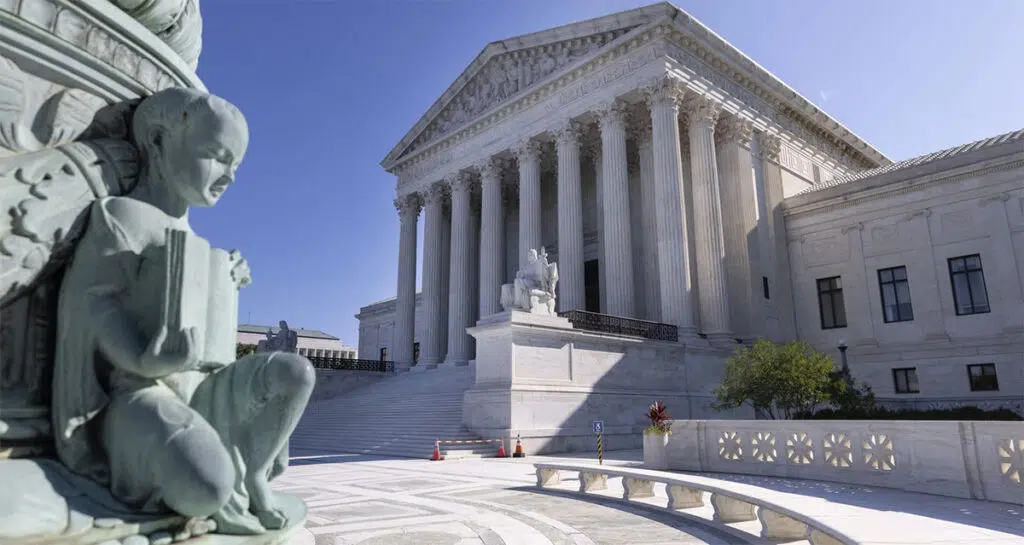
Supreme Court poised to end race-based college admissions
The US Supreme Court seems likely to ban the use of “affirmative action” in determining college admissions as they hear arguments on two cases on the topic beginning today.
This would be a major step in the right direction for our great nation, and here’s why. Simply put, race should play absolutely no part in whether a prospective student is granted admission into a college or university. To grant admission to an individual simply because he or she is black or Latino at the expense of Asian or white students whose academic qualifications are (often far) superior is blatant racism, or “reverse racism” if you prefer.
If the 6-3 conservative-majority court votes correctly on the two cases, it could mean that academic institutions across the country will no longer be allowed to use race-based policies to determine the demographics of their student bodies. Legal experts expect this to be the case, based on the conservative majority’s recent overturning of Roe v. Wade.
And it’s about time.
The two cases have been spearheaded by a group called Students for Fair Admissions (SFFA), who, per their website, was created to represent “more than 20,000 students, parents, and others who believe that racial classifications and preferences in college admissions are unfair, unnecessary, and unconstitutional.”
In November 2014, SFFA filed federal lawsuits against Harvard University and the University of North Carolina alleging that both schools were engaged in unfair, polarizing, and illegal racial discrimination in their admissions policies.
As stated in an SFFA press release, “Harvard is violating Title VI of the Civil Rights Act by penalizing Asian-American applicants, engaging in racial balancing, overemphasizing race, and rejecting workable race-neutral alternatives. Harvard’s demerits of Asian-American applicant’s personalities are particularly scandalous and inexcusable.”
Their argument against UNC-Chapel Hill, the nation’s oldest public university, says the school discriminates against both white and Asian American applicants by unfairly favoring black and Hispanic applicants, thus violating a clause in the Fourteenth Amendment of the US Constitution.
SFFA also petitioned the justices to overrule the court’s 2003 decision in Grutter v. Bollinger, in which a white woman named Barbara Grutter claimed that she had been rejected from the University of Michigan Law School because of the institution’s use of race as a factor in its admissions decisions. The court ruled against Grutter, ruling that the law school was allowed to consider the race of individual applicants, as long as it was done in a ‘holistic’ way. You’ll have to ask a liberal what that means exactly.
“In a multi-racial, multi-ethnic nation like ours, the college admissions bar cannot be raised for some races and ethnic groups but lowered for others,” said Edward Blum, president of Students for Fair Admissions. “Our nation cannot remedy past discrimination and racial preferences with new discrimination and different racial preferences.”
Blum also referenced a 2019 survey by the Pew Research Center that found 79% of white adults say race or ethnicity should not factor into admission decisions. By comparison, 68% of Hispanic adults say this, as do 63% of Asian American and 59% of black adults. And while 87% of Republicans say race or ethnicity should not be a factor in admissions, that number falls to 62% among Democrats.
At present, only eight states — Arizona, Florida, Michigan, Nebraska, New Hampshire, Oklahoma, Washington and (surprisingly) California — ban public universities from using race to determine admission.
That number needs to be 50. If the Supreme Court does the right thing, when it delivers its decision next summer that will indeed be the case. Hopefully this will lead to the end of “affirmative action” policies in all other aspects of our society as well, such as employment.
And wouldn’t that be nice.



